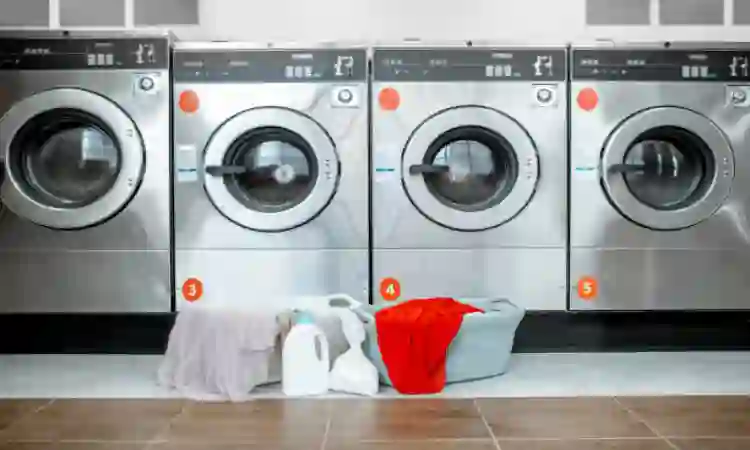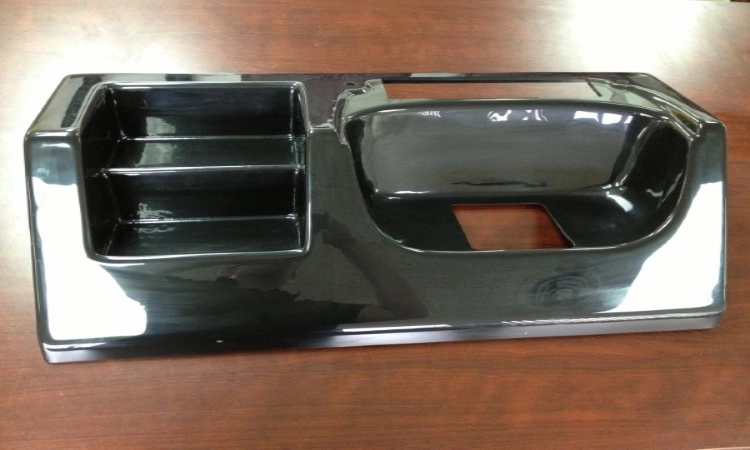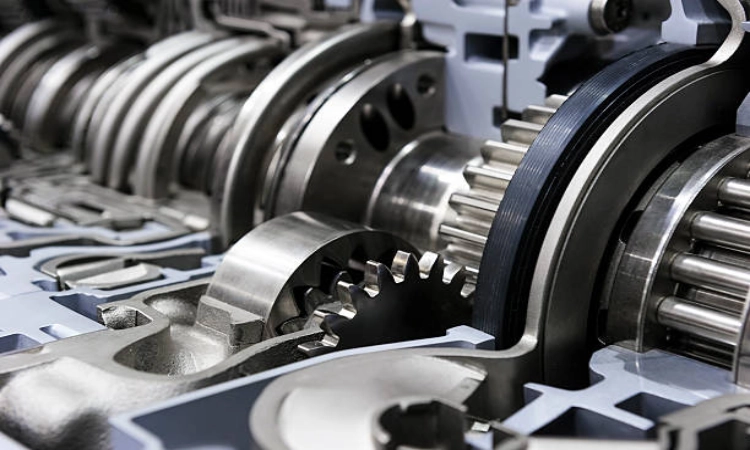Importing industrial washers from China requires a systematic approach to guarantee safety and compliance. It begins with thorough research to identify reputable suppliers, examining their certifications and customer feedback. Next, understanding shipping logistics is vital for balancing cost and efficiency. Compliance with local regulations cannot be overlooked, as it involves verifying certifications and preparing documentation. Finally, implementing quality control measures, including inspections, is essential. These steps pave the way for a successful import process. However, the nuances of each stage hold significant implications.
Researching and Selecting Reputable Suppliers
How does one guarantee the selection of a reputable supplier when importing industrial washers from China? First, conducting thorough research on potential commercial washer suppliers is vital. Evaluating their certifications, production capabilities, and customer reviews can provide insights into their reliability. Engaging with industrial washer suppliers who specialize in commercial laundry equipment guarantees compatibility with specific needs. In addition, identifying established coin operated washer suppliers can streamline the sourcing process, particularly for coin operated washer China. Comparing commercial washer wholesale options from various suppliers allows for informed decisions. Ultimately, diligence in vetting suppliers is imperative for acquiring quality industrial laundry equipment.
Understanding Shipping Logistics
Shipping logistics play an essential role in the successful importation of industrial washers from China. Understanding the nuances of shipping methods, including air freight and ocean freight, is crucial for businesses partnering with commercial washer manufacturers and industrial washer manufacturers. Selecting reliable suppliers guarantees the timely delivery of products like coin operated washers and commercial washing machines. Additionally, companies must consider packaging requirements and transportation costs to optimize industrial washer wholesale shipments. Tracking shipments and maintaining communication with suppliers can mitigate risks associated with used equipment or damaged goods, ultimately enhancing the efficiency of the import process.
Navigating Compliance Regulations
Maneuvering compliance regulations is a critical component of importing industrial washers from China. Importers must understand the specific compliance regulations applicable to coin operated washer manufacturers. These regulations often encompass safety standards, environmental guidelines, and product certifications. Companies should verify that the chosen commercial washer manufacturers in China adhere to these standards to avoid legal issues. Additionally, proper documentation facilitates smoother customs clearance. Businesses involved in coin laundry operations must verify that their imported industrial washers meet local regulatory requirements to guarantee safe usage and efficient repair processes. A thorough compliance strategy mitigates risks and enhances operational integrity.
Managing Quality Control and Inspections
Ensuring rigorous quality control and conducting thorough inspections are essential steps in the process of importing industrial washers from China. This involves implementing systematic quality control measures throughout the production lifecycle. For commercial washers, especially coin operated washer wholesale varieties, it is critical to establish clear specifications and standards. Inspections should be conducted at various stages, including pre-production, during manufacturing, and prior to shipment, to guarantee safety and functionality. By employing third-party inspection services, importers can identify potential defects, ensuring that industrial washers meet quality benchmarks and compliance regulations, ultimately safeguarding their reputation and investment.
Conclusion
To sum up, successfully importing industrial washers from China necessitates a meticulous approach encompassing supplier selection, shipping logistics, compliance with regulations, and rigorous quality control. By prioritizing reputable suppliers with verified credentials, understanding the intricacies of shipping methods, and ensuring adherence to local compliance requirements, importers can mitigate risks. Additionally, implementing thorough inspection protocols guarantees that the products meet safety and performance standards, ultimately safeguarding the integrity of the import process and enhancing operational efficiency.







